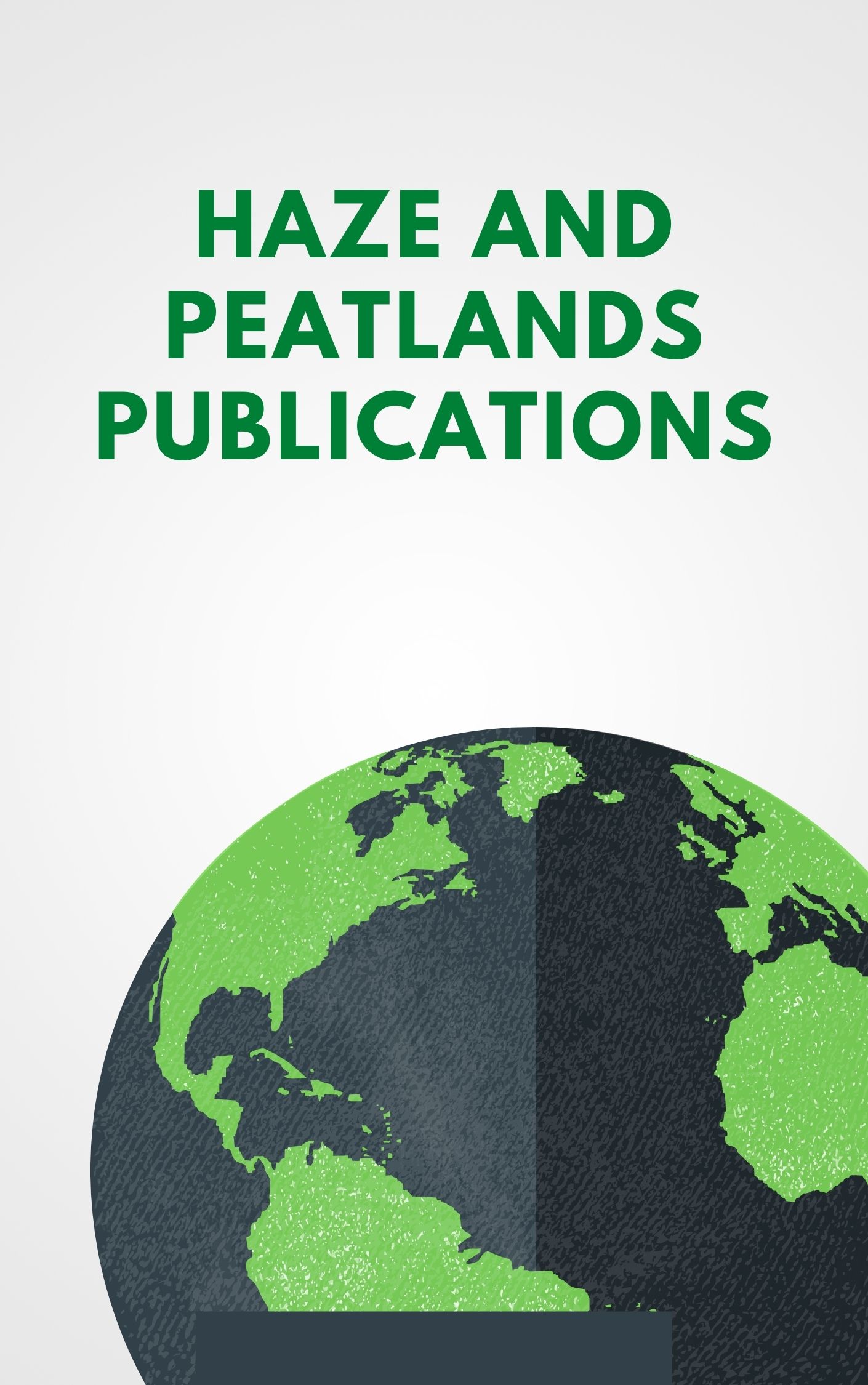Indonesia’s oil palm expansion during the last two decades has resulted in widespread environmental and health damages through land clearing by fire and peat conversion, but it has also contributed to rural poverty alleviation. In this paper, we examine the role that decentralization has played in the process of Indonesia’s oil palm development, particularly among independent smallholder producers. We use primary survey information, along with government documents and statistics, to analyze the institutional dynamics underpinning the sector’s impacts on economic development and the environment. Our analysis focuses on revenue-sharing agreements between district and central governments, district splitting, land title authority, and accountability at individual levels of government. We then assess the role of Indonesia’s Village Law of 2014 in promoting rural development and land clearing by fire. We conclude that both environmental conditionality and positive financial incentives are needed within the Village Law to enhance rural development while minimizing environmental damages. © 2019, Royal Swedish Academy of Sciences.
View source

